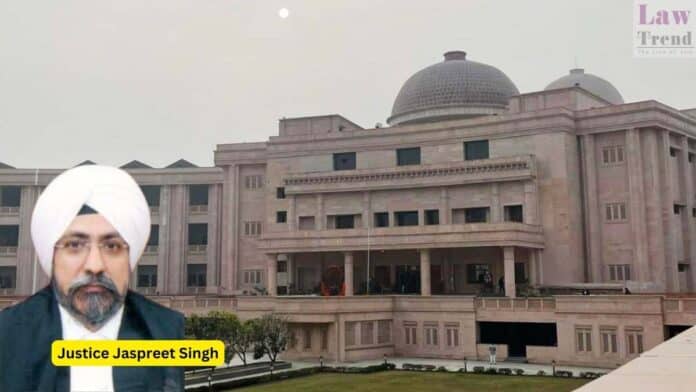The Allahabad High Court has ruled that a married daughter, as a legal heir, is entitled to claim full compensation for the death of a parent or sibling in a motor accident, and her claim cannot be restricted to the no-fault liability amount merely because she is not a dependent. Justice Jaspreet Singh, dismissing appeals
To Read More Please Subscribe to VIP Membership for Unlimited Access to All the Articles, Download Available Copies of Judgments/Order, Acess to Central/State Bare Acts, Advertisement Free Content, Access to More than 4000 Legal Drafts( Readymade Editable Formats of Suits, Petitions, Writs, Legal Notices, Divorce Petitions, 138 Notices, Bail Applications etc.) in Hindi and English.




